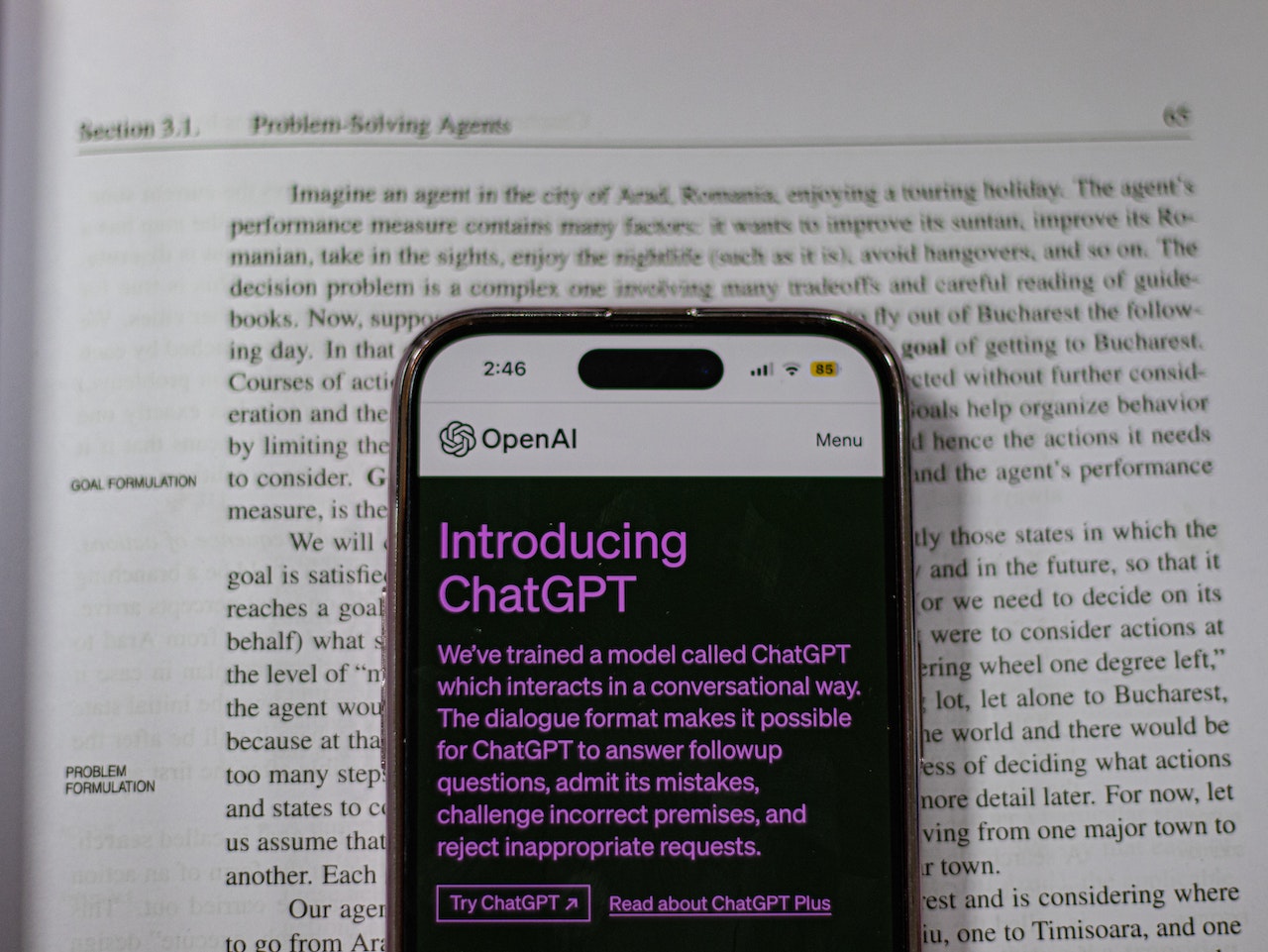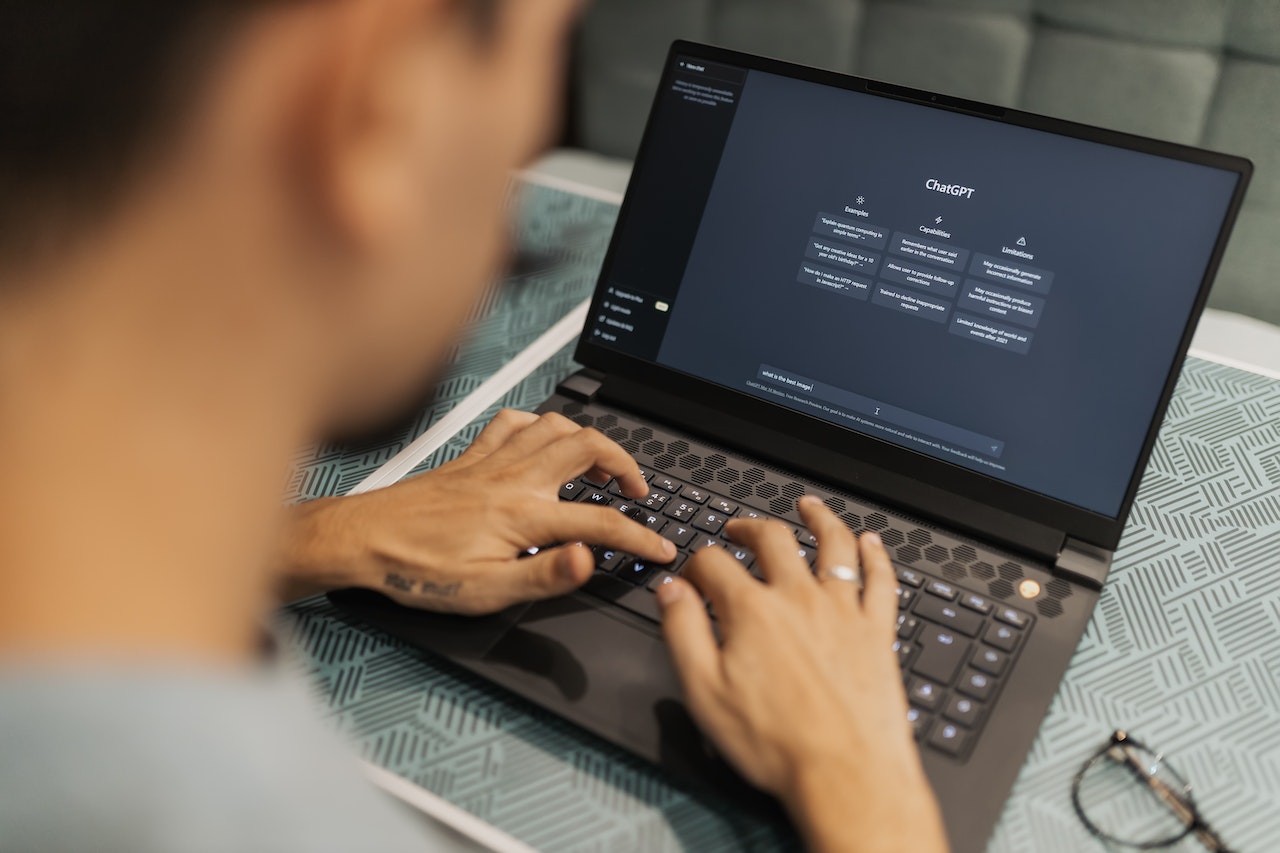In the ever-evolving world of technology, artificial intelligence (AI) has made significant strides in various industries, including fashion. With its ability to analyze data, identify patterns, and generate innovative solutions, AI has started to revolutionize the way clothes are designed. This article explores the fascinating intersection of AI and fashion, delving into the possibilities, benefits, and challenges of designing clothes with AI.
The Fusion of AI and Fashion
As technology continues to shape the world around us, it comes as no surprise that it has found its way into the fashion industry. AI, in particular, has emerged as a powerful tool that can streamline and enhance the process of designing clothes. By harnessing the capabilities of AI, fashion designers can tap into new realms of creativity, efficiency, and sustainability.
Understanding AI in Fashion

How AI Is Applied in Fashion
In the realm of fashion, AI is applied in various ways. It can be used to analyze vast amounts of data, including customer preferences, fashion trends, and historical data. This data-driven approach allows designers to gain valuable insights and make informed decisions throughout the design process.
AI and Design Process Automation
One of the key benefits of AI in fashion is its ability to automate repetitive tasks and streamline the design process. AI-powered tools can generate sketches, create patterns, and even generate virtual prototypes, saving designers both time and effort. This automation frees up designers to focus on the more creative aspects of their work.
AI and Trend Analysis
Trends play a crucial role in the fashion industry, and AI excels at trend analysis. By analyzing social media data, runway shows, and consumer behavior, AI algorithms can identify emerging trends and help designers stay ahead of the curve. This enables designers to create fashion collections that resonate with their target audience.
AI-Assisted Design: The Collaborative Approach

AI Tools for Designers
AI tools designed specifically for fashion designers have become increasingly popular. These tools often incorporate machine learning algorithms and computer vision to assist designers in various stages of the design process. From generating design ideas to optimizing material usage, these AI tools serve as valuable collaborators.
Enhancing Creativity with AI
Contrary to the fear that AI will replace human creativity, it has been observed that AI can actually enhance and inspire the creative process. By analyzing a vast array of design elements, AI algorithms can suggest unique combinations, unexpected color palettes, or innovative patterns that designers may not have considered. This collaborative approach sparks new ideas and pushes the boundaries of design.
The Impact of AI on Fashion Design

Efficient Iteration and Prototyping
AI tools enable designers to iterate and prototype designs more efficiently. By quickly generating multiple design variations and virtual prototypes, designers can visualize their ideas and make adjustments in real-time. This iterative process allows for rapid experimentation, ensuring that the final product meets the designer’s vision.
Personalized Fashion Recommendations
AI algorithms excel at analyzing consumer data and preferences. By leveraging this capability, fashion brands can provide personalized recommendations to their customers. Whether it’s suggesting outfits based on individual style preferences or creating custom-made garments, AI enables a more personalized and tailored fashion experience.
Sustainable Design Practices
Sustainability is a pressing concern in the fashion industry, and AI can play a pivotal role in addressing this challenge. By optimizing material usage, predicting consumer demand, and facilitating circular fashion practices, AI helps minimize waste and reduce the environmental impact of the fashion industry. With AI, designers can create more sustainable collections without compromising on style.
5. Challenges and Limitations
Balancing AI with Human Creativity
While AI offers numerous benefits, it is crucial to strike a balance between AI and human creativity. Fashion is an art form that thrives on the uniqueness and personal touch of human designers. AI should be seen as a tool to augment and support designers rather than replace them entirely. Maintaining the human element in fashion ensures that designs possess soul, emotion, and cultural relevance.
Ethical Considerations
The integration of AI in fashion raises ethical concerns that need careful attention. Issues such as data privacy, algorithm bias, and the impact on the labor force must be addressed to ensure a responsible and inclusive fashion industry. Ethical guidelines and regulations should be put in place to govern the use of AI in fashion and protect the rights of all stakeholders involved.
Conclusion
The collaboration between AI and fashion design opens up new possibilities and opportunities for the industry. From automating mundane tasks to enhancing creativity and promoting sustainability, AI is transforming the way clothes are designed and experienced. By embracing AI as a valuable tool, fashion designers can unlock their full potential and create innovative, personalized, and responsible fashion.
FAQs
Can AI replace fashion designers?
No, AI cannot replace fashion designers. While AI offers valuable assistance in the design process, the creativity, intuition, and cultural understanding brought by human designers are irreplaceable.
How does AI help with trend forecasting?
AI analyzes vast amounts of data, including social media trends, consumer behavior, and runway shows, to identify emerging fashion trends. This enables designers to stay ahead of the curve and create collections that resonate with their target audience.
What are the benefits of AI-assisted design?
AI-assisted design offers benefits such as efficient iteration and prototyping, personalized fashion recommendations, and sustainable design practices. It saves time, enhances creativity, and promotes environmentally conscious fashion.
Will AI make fashion more sustainable?
Yes, AI can contribute to making fashion more sustainable. By optimizing material usage, predicting consumer demand, and facilitating circular fashion practices, AI helps minimize waste and reduce the environmental impact of the fashion industry.
What are the ethical concerns surrounding AI in fashion?
Ethical concerns include issues of data privacy, algorithm bias, and the impact on the labor force. It is important to establish ethical guidelines and regulations to ensure responsible and inclusive use of AI in fashion.





